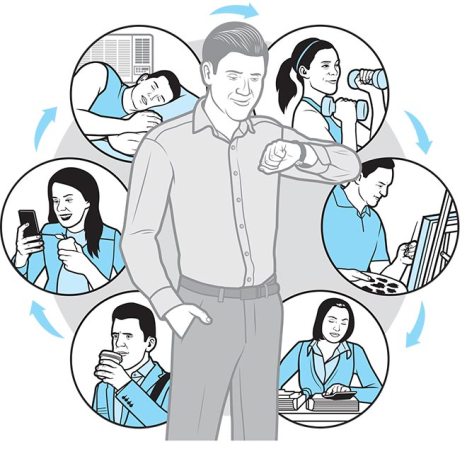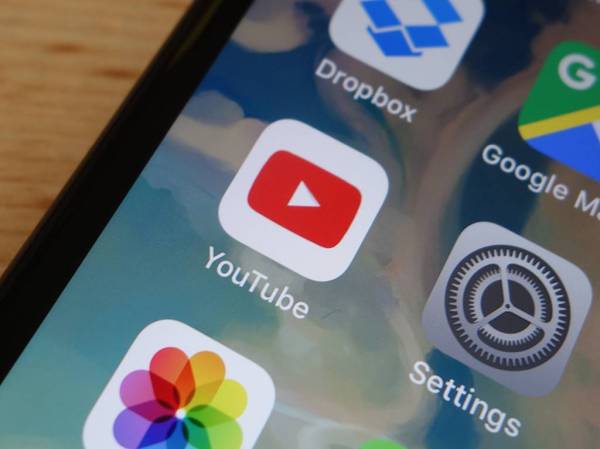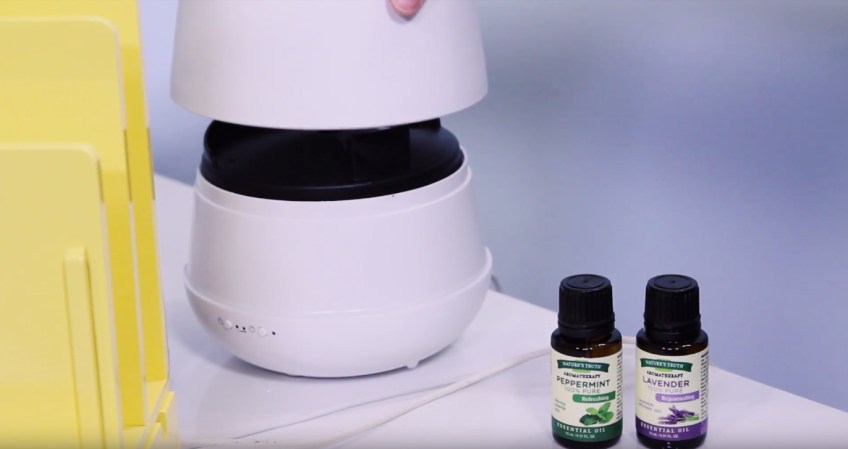


If you found this article on social media, it’s likely that the bulk of the comments are some variation of “I’ll read this later, lol.”
For a lot of reasons, those people aren’t as clever as they think. First of all, it’s far from being an original joke. Second of all, not reading an article immediately would only be an example of procrastination if there was a reason you needed to read it but have decided—for no valid reason—to do something less important instead.
“All procrastination is delay, but not all delay is procrastination,” says Tim Pychyl, founder of the Procrastination Research Group at Carleton University in Ottawa, Canada.
So, if you’re reading this instead of responding to that urgent text your boss sent you a couple of minutes ago, that’s procrastination. And if you just felt a knot of familiarity in your stomach from reading that last sentence, you might have a procrastination problem. Happily, that’s not an insurmountable issue, especially if we can get in touch with why we’re putting things off.
Why we procrastinate
We delay tasks for the same reasons we put off going to bed at night: We find it hard to practice emotional regulation, which is what allows us to control behavior driven solely by our emotions. Without this ability, our feelings would steer 100 percent of our actions, and we wouldn’t do anything we didn’t want to do.
“Maybe it’s boring, or frustrating, or maybe it scares the heck out of you and you feel like an impostor or failure,” says Pychyl, who has a doctorate in psychology. Nobody likes those feelings, so at a subconscious level, we feel like if we procrastinate, we’ll be able to get rid of them.
There are things we can do to help develop our ability to self-regulate, though. Exercise is one, and playing certain types of video games can work, too. Specifically, games designed to improve emotional regulation, such as GameTeen and Spock, according to a paper that reviewed 23 studies of gaming’s effects on emotional regulation.(Worth noting: the study also found that “excessive video game playing” may negatively affect emotional regulation.)
You don’t have to finish, but at least get started

If the idea of doing something fills you with so much anxiety or dread that you can’t get started, easing into it with a self-soothing activity can be a good idea. Maybe put on your favorite song and dance around the room, or give yourself 10 minutes to cuddle with a pet or loved one.
Once you have given yourself the chance to turn down the volume on those initial negative feelings, you will be able to assess the task more rationally. You might find it’s not as terrible as it feels.
Once you’ve got that perspective, the next step is simple: Just get started.
Pychyl is quick to insist that this is a much different message from “just do it,” and that he’s not suggesting that anyone sit down and not get up until the task is completed, which can be overwhelming.
If you are putting off writing something, choosing the quote you are going to start with could be a great first task. If you are putting off doing your taxes, try simply setting up an appointment with your accountant. The difference between “started” and “not started” is remarkable in your brain—you might surprise yourself with how much momentum a small action can give you.
Remember that future you is still, actually, you

One of the things that keeps us from starting a task is a lack of connection with our future selves. This means that when we procrastinate, we feel the relief of handing off responsibility to somebody else, when that somebody else is, well, you.
Social psychologist Hal Hershfield identified this disconnect by asking people to describe themselves in the present and what they imagine they’ll look like 10 years, and then describe other people, all while in an MRI machine. He saw that when we think of our future selves, the part of the brain that lights up is the same as when we think about others.
Surprisingly, we can develop empathy for our future selves when we have something concrete to hold on to—like the pictures many of us were sharing via FaceApp earlier this year. After seeing a version of themselves with wrinkles and grey hair, participants in the study were willing to put twice as much money away for retirement.
If you’re putting off a visit to the doctor or brushing your teeth every night, you might want to have a picture of your old self on hand to help inspire you to do better for the sake of Future You.
Just remember FaceApp is also a privacy nightmare, so tread carefully.
Reconnect with yourself

The key to rewiring our impulse to procrastinate is through mindfulness, Pychyl says—meditating about your future self might help you develop more empathy for them, which will help you lower procrastination.
Neuroscience educator Sarah Peyton designed a specific meditation—featured in her book Your Resonant Self—to help people boost their self-empathy. You can let her guide you through this meditation by following her video below, or by using the transcript. You can record it and play it back to yourself, or you can have someone else read it to you.

The first few times you do it, you might feel self-conscious or vulnerable, so make sure you are in a comfortable place—sitting or laying down—and can take a couple of minutes to reflect afterwards. Start meditating a couple times a week, and see how it feels, then do it as many times as you need to.
Use alarm clock apps—they’re not just for waking you up
If we are willing to make decisions that will hurt our future selves, we might as well put that impulse to good use and make it too annoying for us to make bad choices.
All of us have set an alarm to remind us to do something, and all of us, at some point, have turned off those alarms, thinking, “I’ll do that in a minute,” only to never get back to it.The app Alarmy has a truly devious workaround for this impulse. In order to turn off the alarm, you’ll have to take a picture of a predetermined place in your house, a task that will force you out of whatever state of comfort you’re in.
It’s just as easy to set these alarms to blare until you upload a picture of whatever task you’re procrastinating (like the book you’re supposed to read) and just hard to ignore them when they go off.
Change the stories you tell yourself

Tricking our brains through alarms and pictures of our future selves is one way to get us to do the things we need to do. But in order to really change our behavior, we have to change the way we talk about ourselves.
Part of this process involves getting rid of the excuses that allowed us to procrastinate in the first place. For example, you may be exhausted (which is OK), and that may lead you to conclude you’re better off doing something until after you have rested. What’s even more helpful, in this case, is to conclude that even though you’re too tired to complete your task entirely, you might still be able to start and get a little bit done.
When all else fails, go to bed
There are a lot of tips and tricks you can employ to keep yourself from procrastinating, but the truth is, some people have it worse than others. A 2018 study showed that if a person has low self-control, it will only get worse if they are overtired. In that case, get your calendar and schedule whatever you’ve been putting off for after you’ve had some rest.
Sometimes getting things done can be hard, but perhaps we can find comfort knowing that science shows it doesn’t have to be this way. If we can push through bad feelings, we can do the next thing that needs to be done, and at that point, we’ve already won part of the battle.















